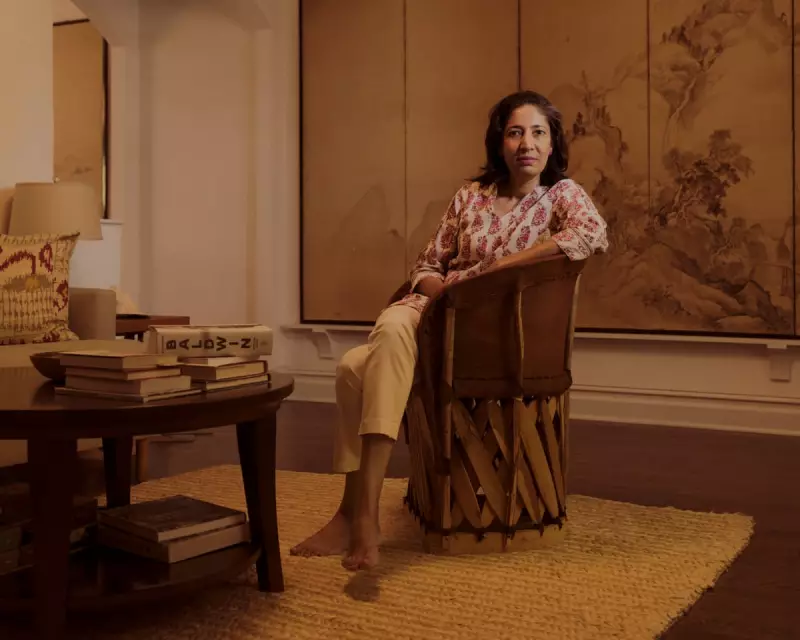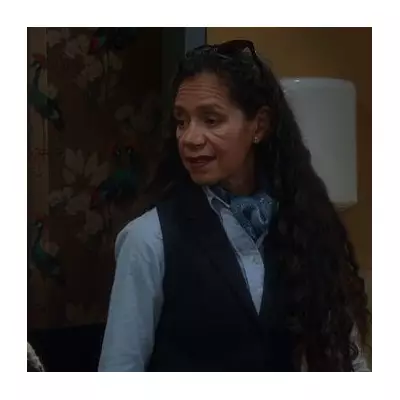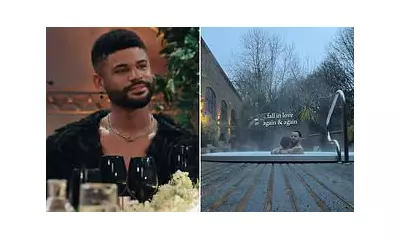
In a profoundly sobering interview with The Guardian, celebrated author Kiran Desai has voiced her grave concerns for the state of American democracy, admitting she "never thought it would happen in the US".
The Booker Prize-winner, whose masterpiece The Inheritance of Loss explored the brutal realities of post-colonialism and political strife, expressed shock at seeing themes from her work manifest on American soil. The author described a palpable sense of fear and a worrying slide towards authoritarianism that she observes in the contemporary United States.
A Prophetic Novel's Chilling Resonance
Desai's acclaimed novel, which won the Man Booker Prize in 2006, delved into the human cost of political instability and the fragility of societal structures. Nearly two decades later, she finds its central themes—of division, nationalism, and the erosion of civil liberties—echoing with disturbing clarity in modern American life.
"The feeling of things being fragile, that anything could happen, that the world could turn upside down overnight", she remarked, is an atmosphere she once associated with other nations, not the country she has long called home.
From Literary Reflection to Lived Reality
The interview reveals a personal journey of disillusionment for Desai. Having moved to the US as a student, she once held a more idealistic view of the nation's democratic institutions. Her current perspective is markedly darker, shaped by what she identifies as a rapid decline in political discourse and a coarsening of public life.
She pointed to specific events and the rising tide of populism as key factors that have fundamentally altered her perception of her adopted country's stability and its role on the global stage.
A Warning from a Literary Luminary
Beyond mere observation, Desai's comments serve as a stark warning. She articulates a deep anxiety about the future, not just for America but for the global order it has long helped shape. Her unique position as a globally renowned author with a foot in multiple cultures lends a powerful weight to her critique.
This intervention from one of the literary world's most respected voices marks a significant moment, blending cultural commentary with urgent political analysis. It underscores the role of artists and writers as crucial societal witnesses in turbulent times.





